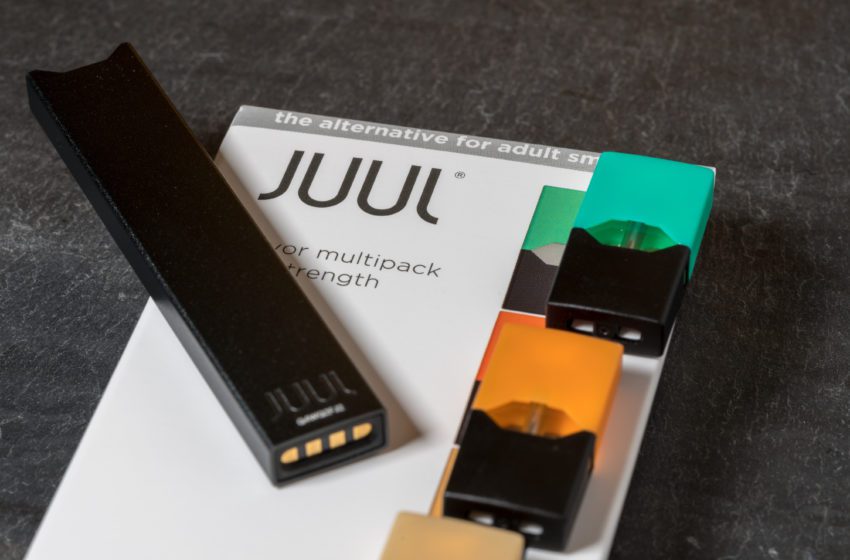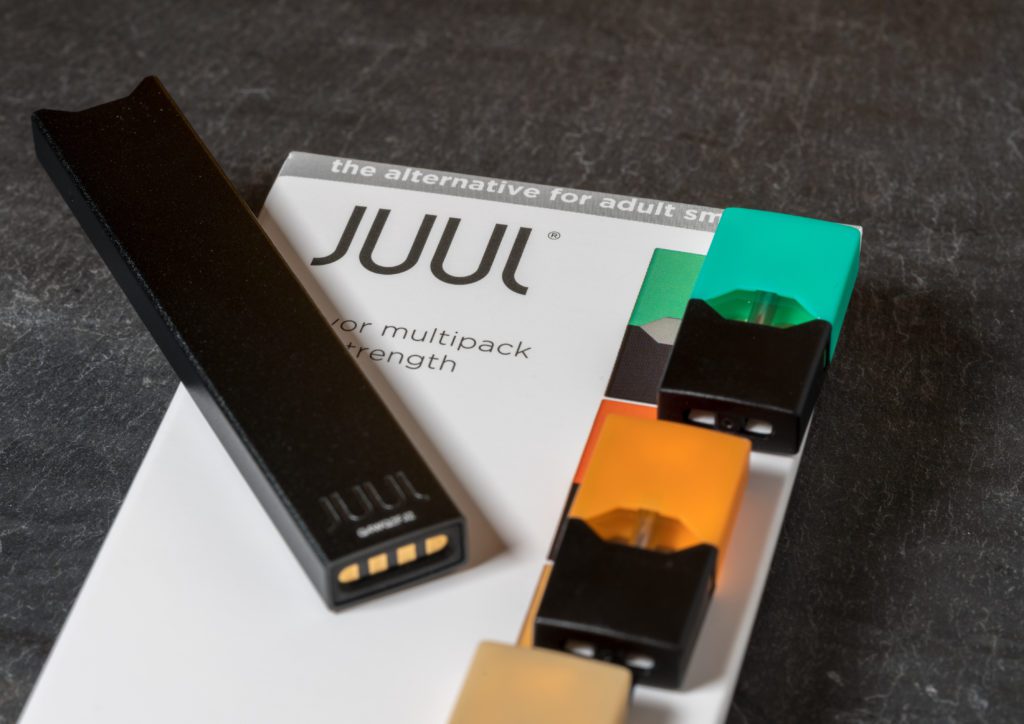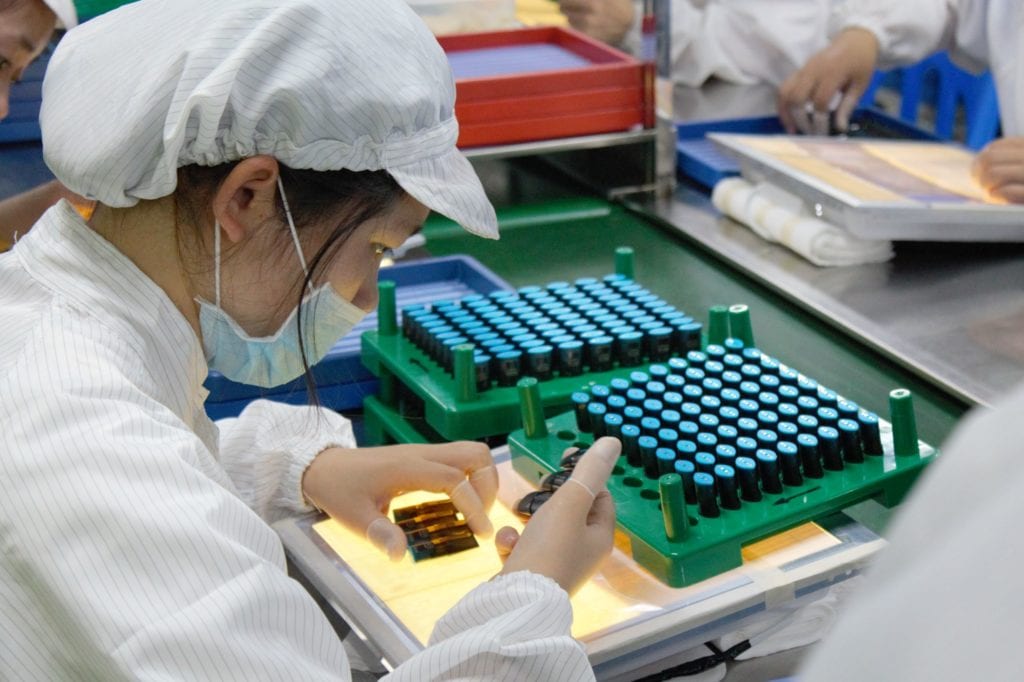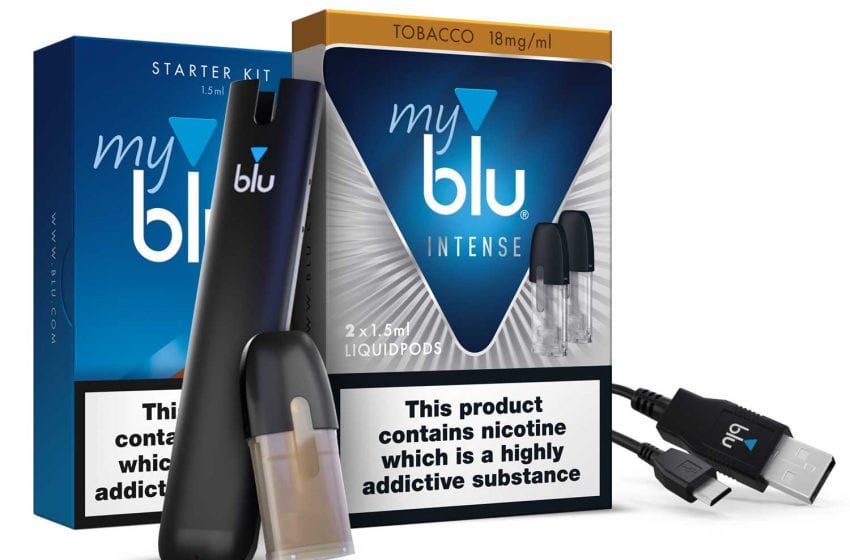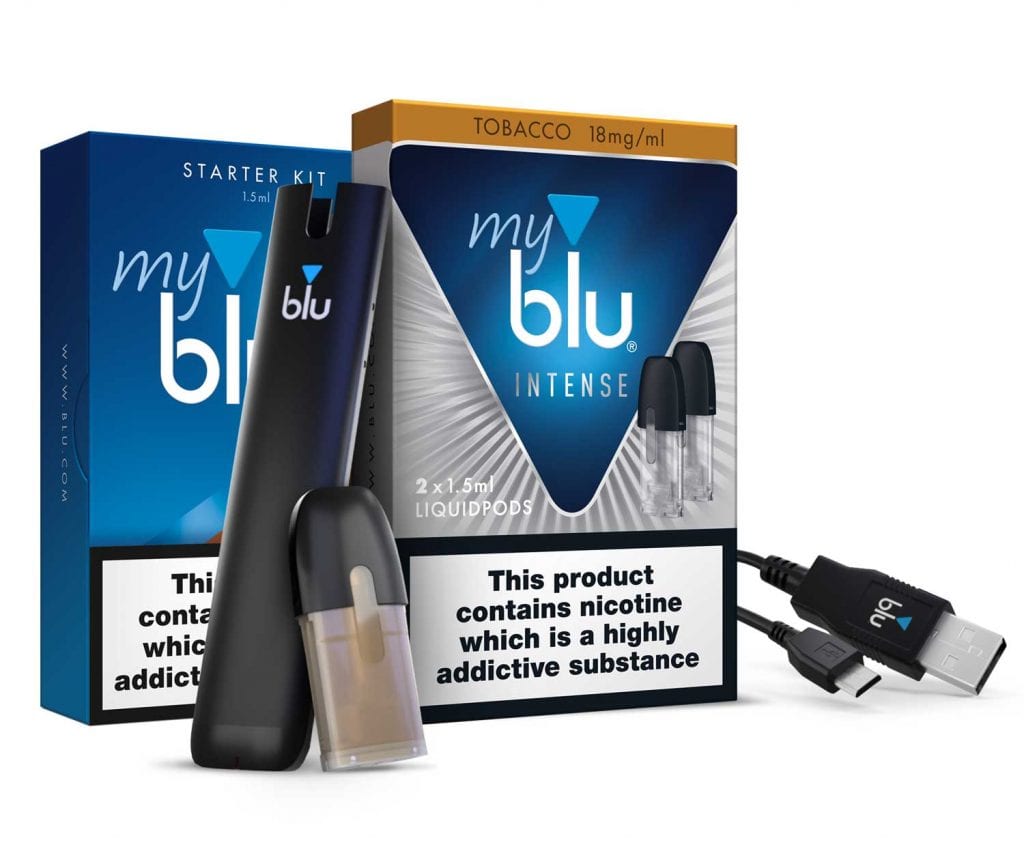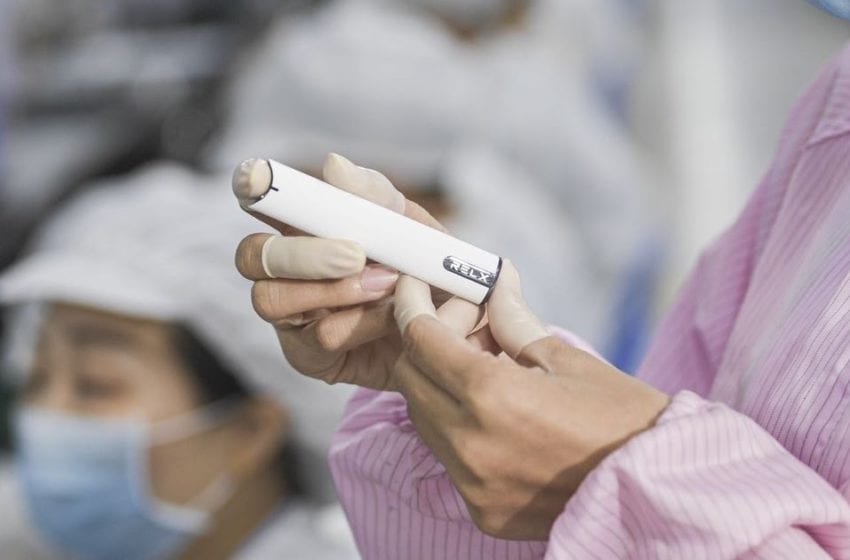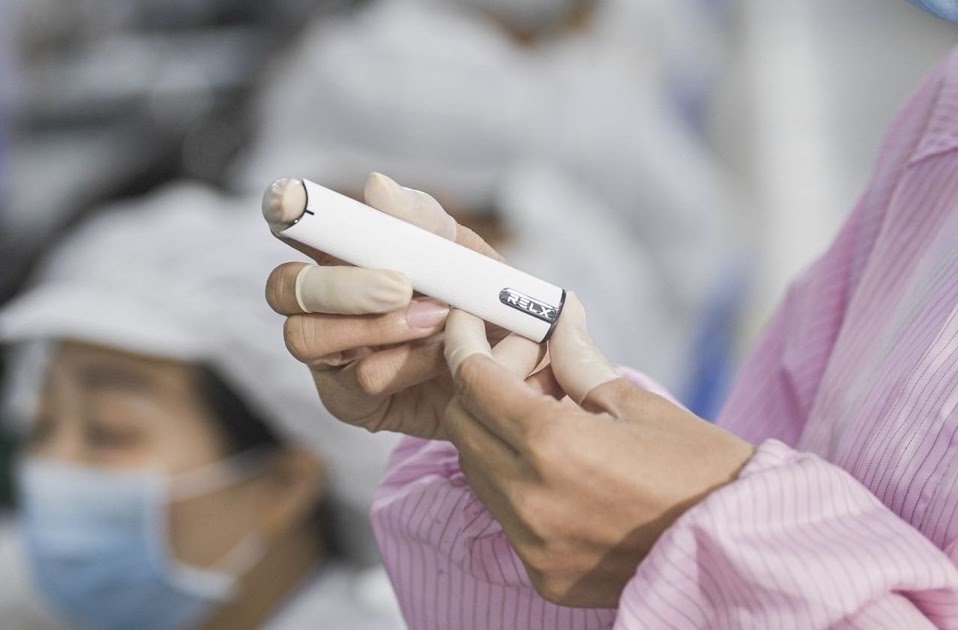
Two of the largest tobacco companies in the world, BAT and Philip Morris International (PMI), invested $1.15 billion in the research and development of risk-free alternatives to combustible cigarettes combined in 2021.
BAT invested $589 million in R&D to develop innovative new products last year, according to Hugo Tan, the company’s regional head of scientific engagement in the Asia-Pacific region and the Middle East. The news report did not list any BAT investment numbers prior to 2022.
Tan told Arab News that BAT is investing in heated tobacco and vaping products in its goal to end combustible smoking. The goal is supported by its R&D center in Southampton, UK and 1,500 specialists, who have contributed to publishing more than 130 peer-reviewed scientific studies on its next generation products.
“It has been widely accepted and adopted by many countries, including the US, UK, Germany, France and others,” Tan said.
Since 2008, PMI has invested more than $9 billion in the R&D of smoke-free products. In 2021, the company reported adjusted R&D expenditure on smoke-free products totaling $566 million, 14 percent higher in dollar terms than the $495 million spent in 2020.
“In order to evaluate the reduced risk potential of our smoke-free products, we have developed a comprehensive scientific assessment program that is inspired by standard practices in the pharmaceutical industry and in line with the guidance provided by the U.S. Food and Drug Administration for evaluation of modified risk tobacco products,” said Ignacio Gonzalez Suarez, head of scientific engagement Middle East and Africa, PMI. “Our program follows the international quality standards, such as Good Laboratory Practices and Good Clinical Practices and, since 2008, has resulted in over 400 peer-review scientific publications and book chapters showcasing our data and methods.”
Among PMI’s professionals are over 930 scientists, engineers and technicians committed to building scientific assessment capabilities, such as preclinical systems toxicology, clinical and behavioral research, and post-market assessment, according to the company’s website.




